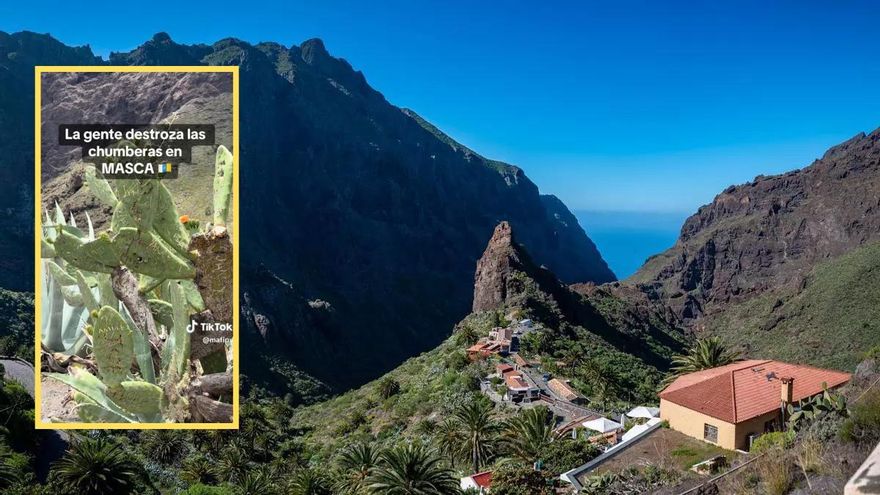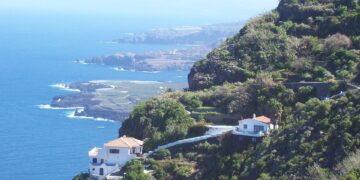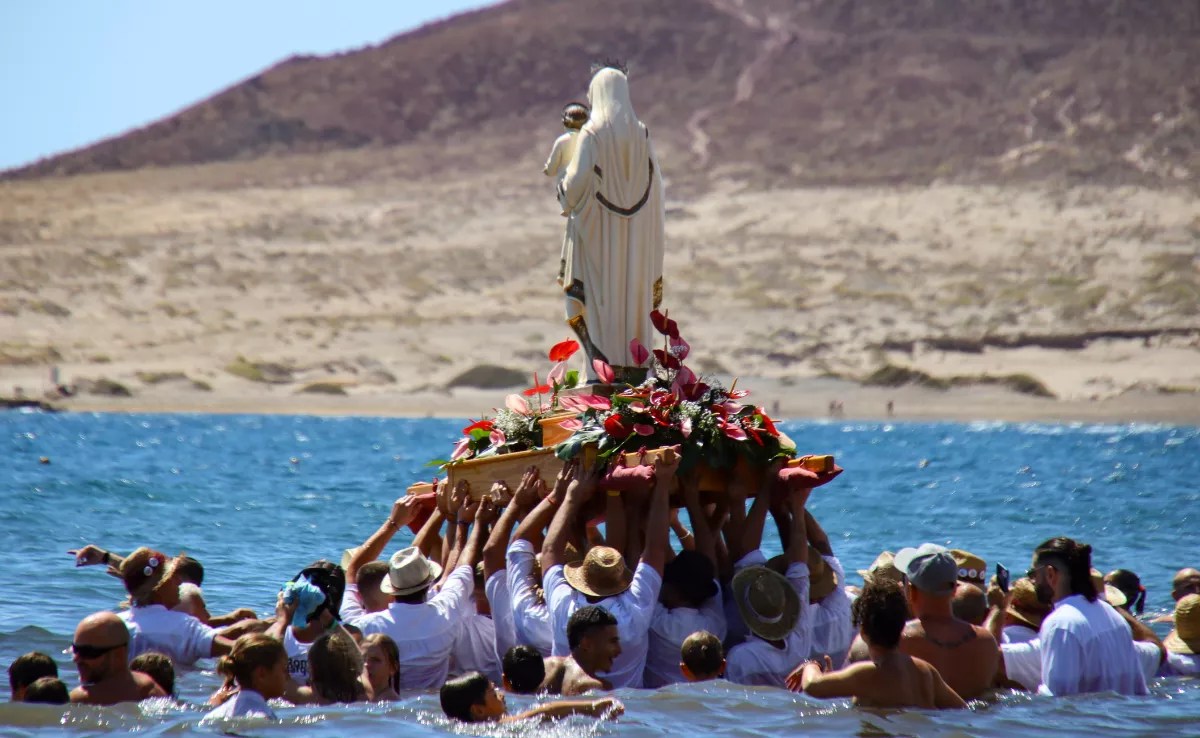
Prickly pears, cacti, agaves or succulents. Any of these names is valid for one of the most characteristic plants in the Canary Islands. Originally from America, they arrived in Europe with the first conquistadors and it is believed that the Canary Islands were the first place they were planted. Today, they are a symbol of different landscapes of the Archipelago, although they are often considered invasive. Masca, in the Rural Park of Teno, is one of these places. TikTok user María Alarcón took advantage of the impact of the social network to denounce a new trendy practice that threatens the natural environment of the protected area of Buenavista del Norte.
In the video, you can see how the pads of the cacti are scratched because visitors write names on their surface. In the images, it is clear that this is not an isolated case, as it is repeated on all the stems of at least five plants.
Some are dead and others are still alive. “People have no shame,” claims the user, originally from Andalusia and also visiting the area as a tourist. Among the comments, most show their indignation and demand that tourism visiting the Archipelago be responsible.
[–>[–>
The Masca ravine is the chosen space to launch the first pilot test of the tourist fee for protected areas of the island, which will start on January 1, 2025. Before that, in summer and as a trial, non-residents will be charged to visit the site located in the Rural Park of Teno. The aim, beyond economic benefit, is to restrict mass access to especially sensitive natural areas.














